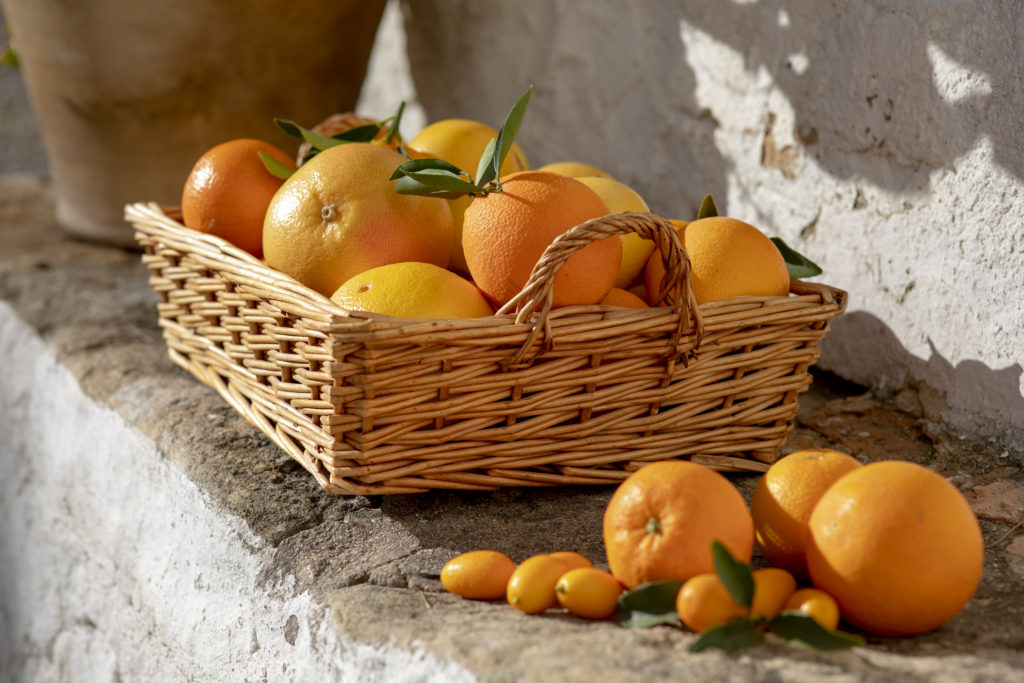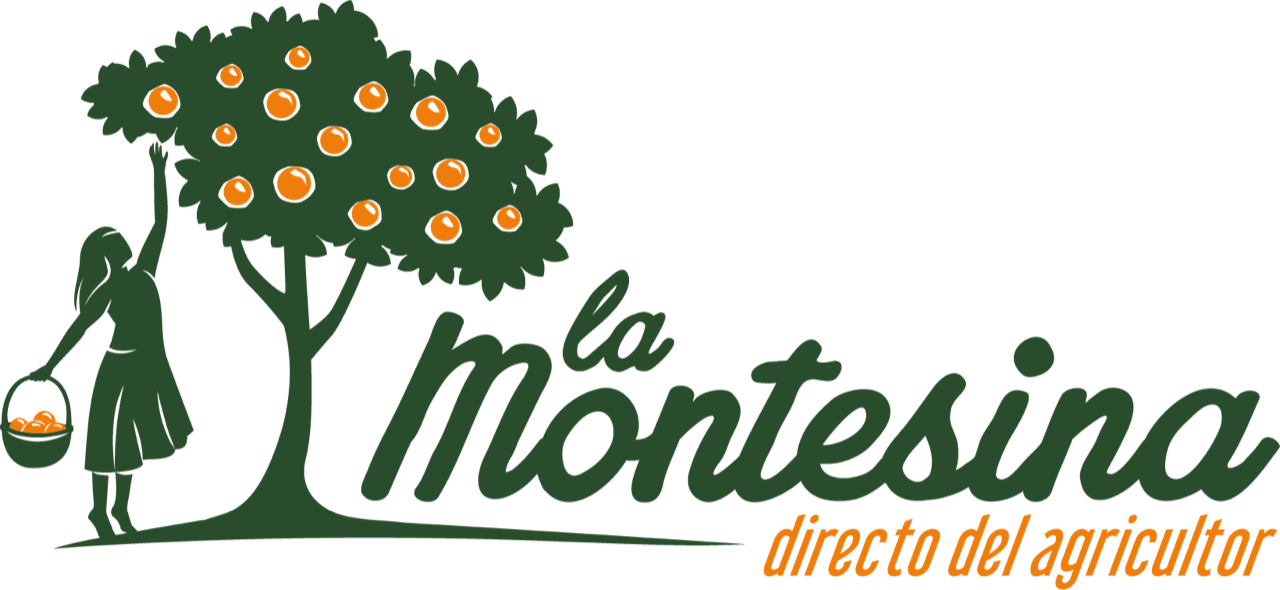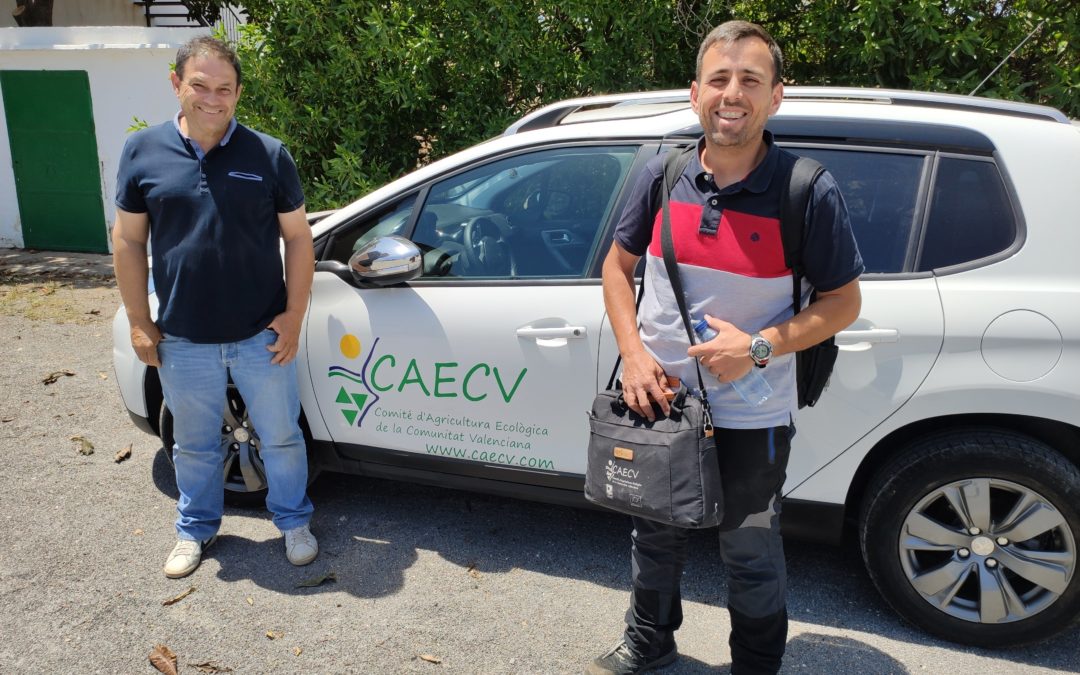Our customers in France sometimes ask us:“What is the difference between the Spanish and the French organic certification?” This is a very good question and the answer is also valid for other European countries. Let’s take a closer look at the question!
The summarised answer is that organic farming throughout the European Community is supported by a single Council Regulation (EC) No 834/2007 of 28 June 2007 on organic production and labeling of organic products. All operators are subject to the control of a certification body. In France, these are private companies approved by a national body, the INAO. In Germany, certifiers are accredited by the national accreditation body DAkkS.
In Spain, it is the State that guarantees certification. Each autonomous community (equivalent to the French departments or the Länder in Germany) has its own certification body, called “organic farming committees”. As far as we can tell, they take their work very seriously. The controls are extremely strict and they are really random. This means that it is not easy to hide fraud, because you do not know when an auditor will come. The office of the Valencian Certification Body http://www.caecv.com/val/ is highly efficient. They know the standards by heart and so far have always responded very quickly to all our requests.
Of course, there will always be fraudulent actors, in Spain, France, and everywhere else, for that matter. La Montesina consists of a small group of organic family farms and we are proud to stick strictly to the organic farming standards. When a new disease appears in our groves, we look for an organic way to protect our trees and fruits. Our first reflex is to discuss this within the network in order to benefit from the exchange with the other producers of La Montesina. Some of us have decades of experience in organic farming.
Another very important point are the working conditions on our farms. We pride ourselves on treating our employees fairly, equitably, and, of course, humanely. All of our workers are well paid, they are all insured and the vast majority of them have worked for and with us for many years.


